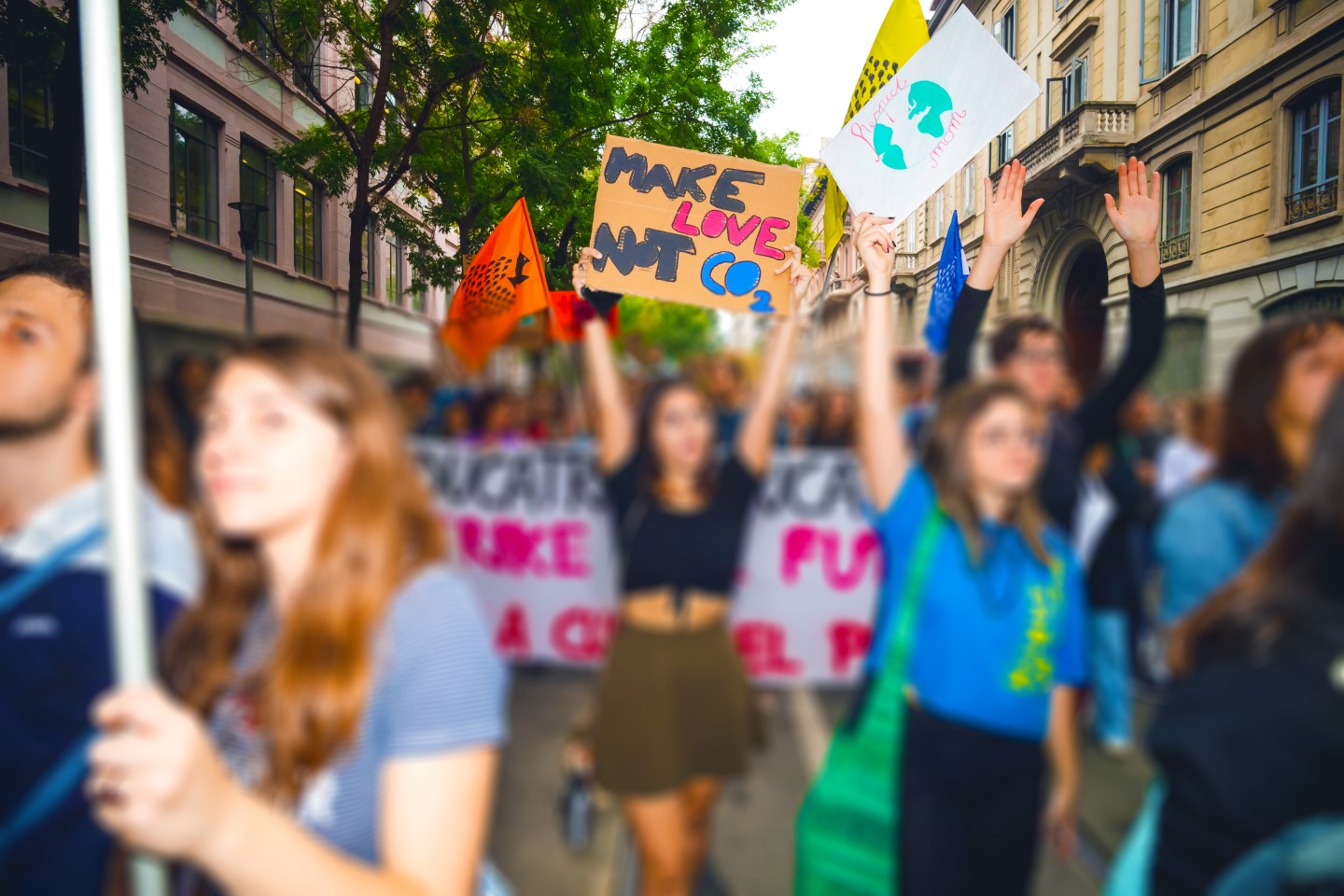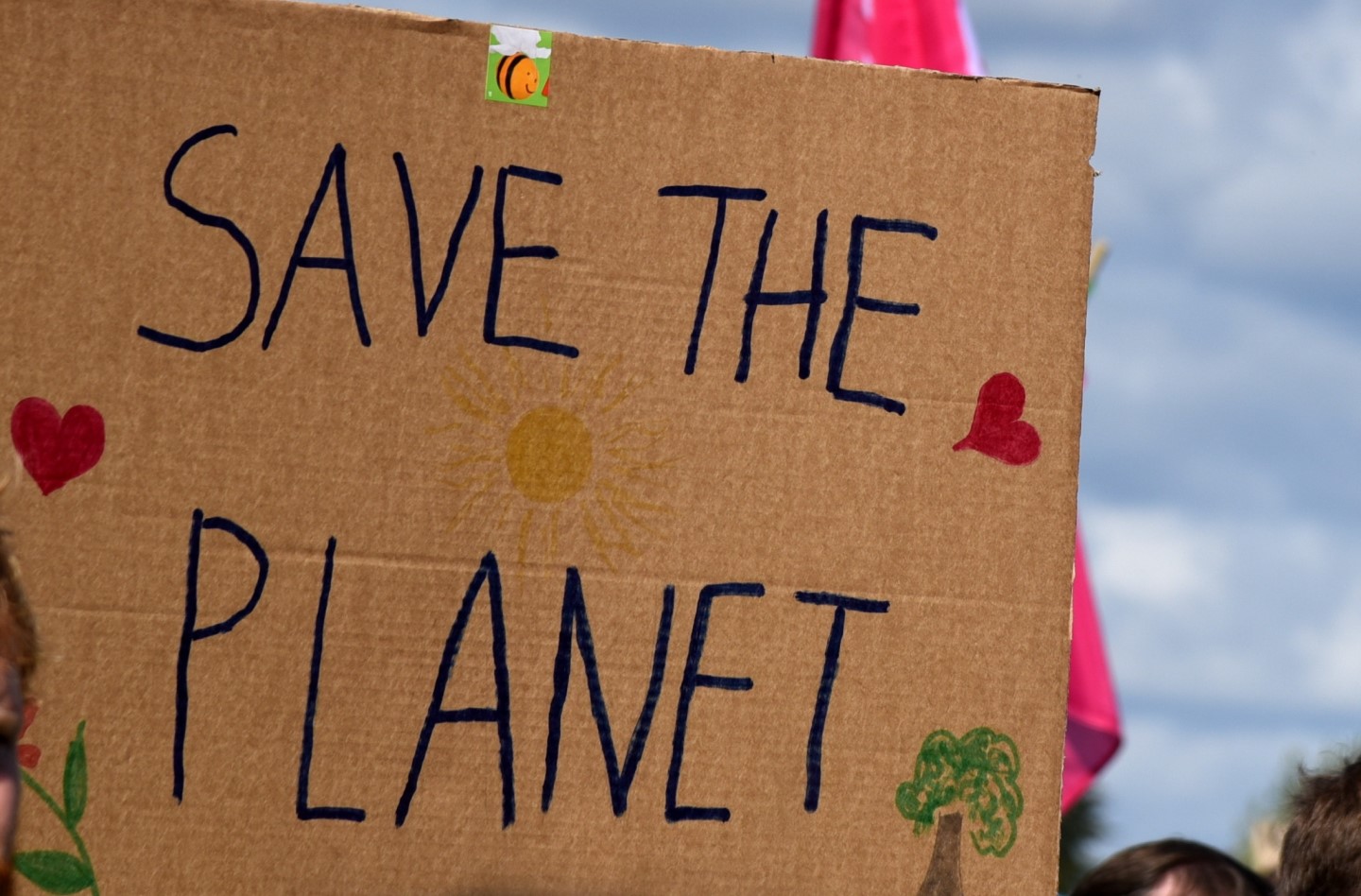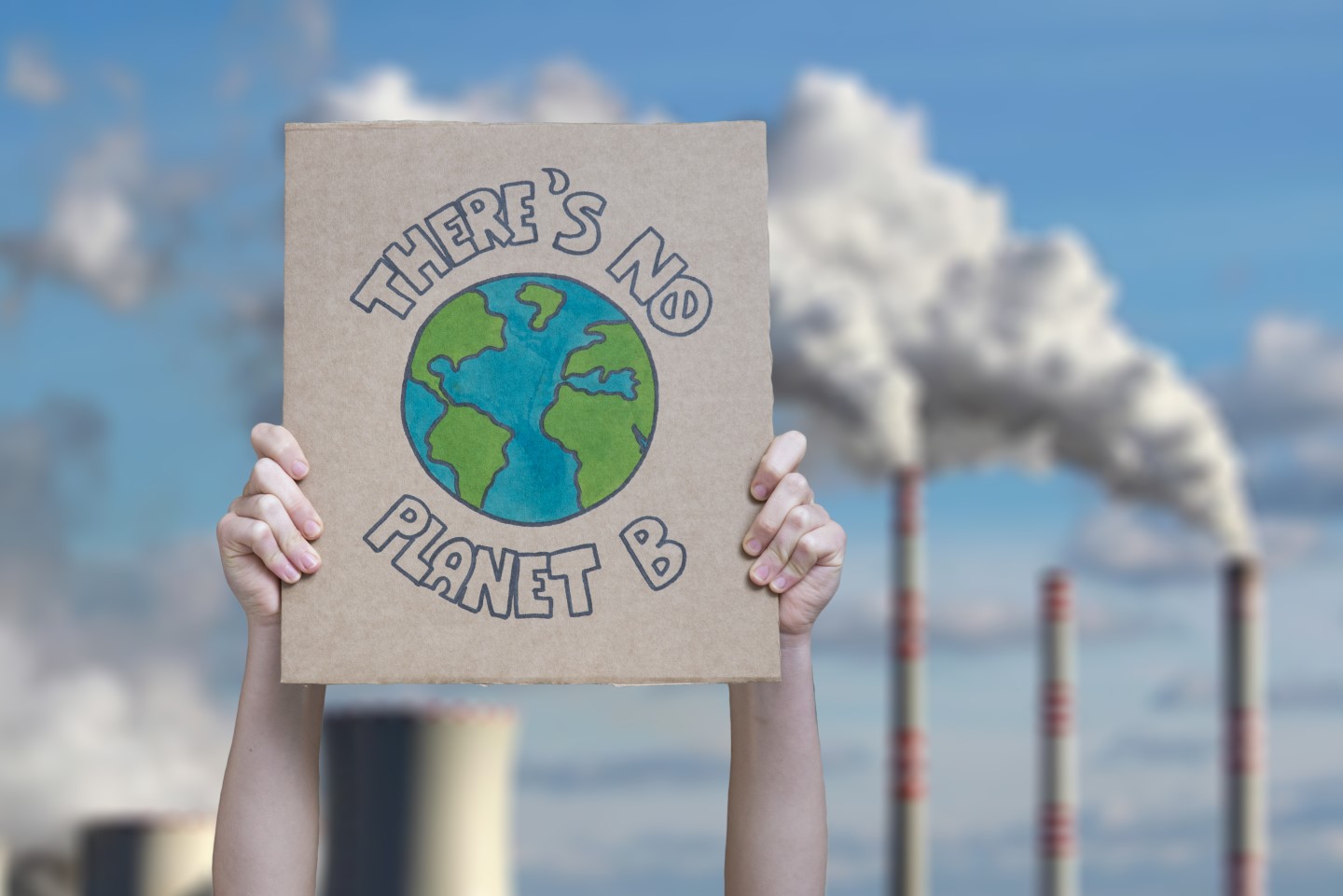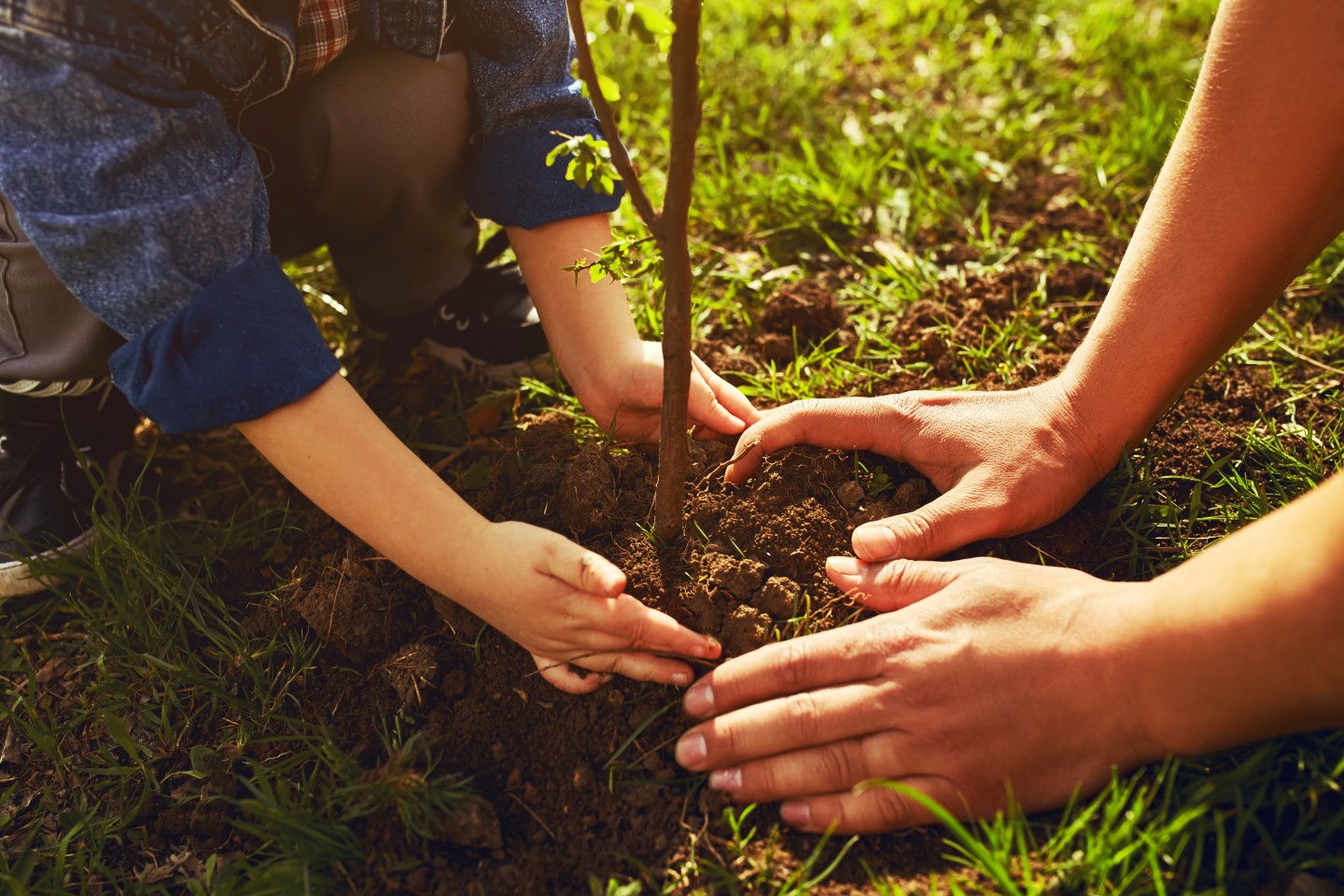What does COP26 look like for the younger generation?
The UK is set to host the 26th UN Climate Change Conference of the Parties (COP26) in Glasgow in November 2021. It will bring the parties, heads of state, climate experts and negotiators together to not only discuss how to stop climate change, but how to reverse its effects too.
The UN Climate Change Conference of the Parties began in 1994 but the 2015 Paris Agreement was the real turning point. It agreed to tackle climate change by ensuring global temperatures stay below 2 degrees Celsius, preferably to 1.5 degrees Celsius, compared to pre-industrial levels. This was the first real step taken to combat climate change, aiming to reduce greenhouse gas emissions and increase renewable energy such as wind, solar and wave power. It also stated that progress would be reviewed every five years, which means it will be reviewed in the upcoming conference.
Last year, the conference was held in Madrid where Greta Thunberg gave her famous ‘How dare you’ speech which moved millions of people; I remember crying my eyes out at her passionate demand for change. It hit a chord. As a 22-year-old woman, I felt as though my voice and my actions mattered. If a 16-year-old girl can travel across the sea to fight for what she believes in, then I could do something too.
The Secretary-General of the UN recently tweeted
“young people are the most affected by the climate decisions taken today…your ideas, voices & actions are crucial to deliver meaningful & ambitious #ClimateAction for all”.
He’s right because it will probably be up to my generation to fight climate change.

What’s happening now?
It was revealed that 2010 to 2019 was the hottest decade ever to be recorded. Climbing greenhouse gas emissions are the main reason for this, caused primarily by burning fossil fuels. Put simply, burning fossil fuels traps heat near the Earth’s surface which warms the whole planet. This causes a cascade of events: rising sea levels, extreme weather, biodiversity loss and species extinction, to name a few.
Humans are responsible for detrimental environmental impact: A 2019 UN report found that hundreds of thousands of animal and plant species faced extinction, causing a huge biodiversity crisis. It’s ironic that the very thing we are damaging could be what saves us. The University of Oxford found that:
“it is becoming increasingly clear that the protection and restoration of nature can be the most cost-effective way of dealing with both the causes and consequences of climate change”.
It’s no surprise. Whenever I feel overwhelmed, all I have to do is think about the pure magic that allows us to exist, to ground me. No matter how you believe the world came to be, we can all agree that it’s pretty amazing we exist, and nature is at the very core of that existence. It feeds us, it gives us energy, it allows us to breathe, it gives us water and regulates our climate. It does all of this for free. All it asks for in return is for us to care for it and allow it to do its job. We wouldn’t be here without nature. Therefore, we need to find ways to restore it to its former glory.

Moreover, Covid-19 has shown us the positive impact of a healthy Earth: The Telegraph reported:
“healthier ecosystems also mean healthier humans. If we make a serious effort to protect and restore wildlife habitats, we will be lowering the risk of harmful pathogens such as Covid-19 jumping species from animals to humans”.
Covid-19 has reduced our food waste, lowered greenhouse gas from less transport and improved air quality: the UK government declared 2020 was a “year of climate action”. However, if we use the analogy of a bathtub from The Ecologist: think of emissions like a bath filling up with water, Covid-19 has purely turned the taps down, not off.
The UK has further pledged that by 2050, the amount of Co2 emitted by all cars, homes and manufacturing in the country will be net zero, which means that for every tonne of Co2 produced, a tonne must be extracted.
Additionally, Boris Johnson produced a 10-point plan last year comprising of:
- a ban on combustion engine sales by 2030,
- quadruple offshore wind power
- boost hydrogen production,
- funding for greener homes,
- investment into carbon capture ideas,
- planting trees,
- the promotion of public transport and more.
However, Professor Saleemul Hug, director of the International Centre for Climate Change and Development told Sky News that the current promises of the UN aren’t enough, especially for vulnerable countries like his country, Bangladesh. He says, “it’s not that they aren’t doing anything, but they are simply not doing enough. And the enough is what matters”.

How can I make a difference?
Luckily, we know what the solution is. As a Gen Z, my generation is known for growing up with technology, the internet, and social media, which often gets negative backlash, but it’s revolutionary because we have grown up with the very tools that will help save our planet. We have witnessed firsthand the half-hearted attempts to prevent climate change and we know what needs to be done next.
Essentially, we need to cut man-made greenhouse gas emissions, eliminate fossil fuels, fully embrace renewable energy, use our energy more effciently and conserve habitat.
What do I hope the COP26 looks like? Well, I want to be part of the conversation. I want clear guidelines that outline how I can make a difference. I want the plan of action to be a household plan, not just a government plan. If we are to combat climate change, we must all be a part of the conversation and pull together as a world-wide community. More importantly, we need the funding to be able to access these methods because the Independent found that 59% of adults didn’t have enough money to go green.
But we don’t have to wait until November, there are things we can do right now! The biggest change comes with our mindset because once we alter that, we can start to implement new behaviours. We know climate change is happening, but it’s easy to get caught up in every-day life and forget that our individual choices make a difference. So, make a conscious effort every single day to fight climate change: whether that’s cycling to work, reducing your food waste, remembering to take your bags shopping with you or even volunteering!

I remember learning about climate change in school, but I don’t remember learning about how I could stop it. A change in mindset also calls for a change in accessibility. We should be learning from a young age the importance of our actions and we should be equipped with the sense of responsibility and knowledge to fight it.
Sky News found that if everyone in the UK planted a tree, we could cut 128,000 tonnes of Co2. Likewise, if every household recycled properly, we could save 2.4 million tonnes and if we turned the tap off whilst we brushed our teeth, we could save 7.9 million tonnes of water. Also, reducing your meat intake, even if you eat a vegetarian diet once a week, could have major benefits: reducing greenhouse gasses, and land and water use.
Furthermore, Greta Thunberg taught us that our voice matters. We don’t need to travel by sea and give a speech to the UN (although that would be cool), all we need is our voice. Use it to speak to your parents, to educate your neighbours and motivate your friends. Use it to demand change from your favourite brands and use social media to get the conversation flowing! Use the COP26’s hashtag #TogetherForOurPlanet to get involved and share what you’re doing.
In the meantime, stay up to date with the latest news and our sustainable living tips and guides.